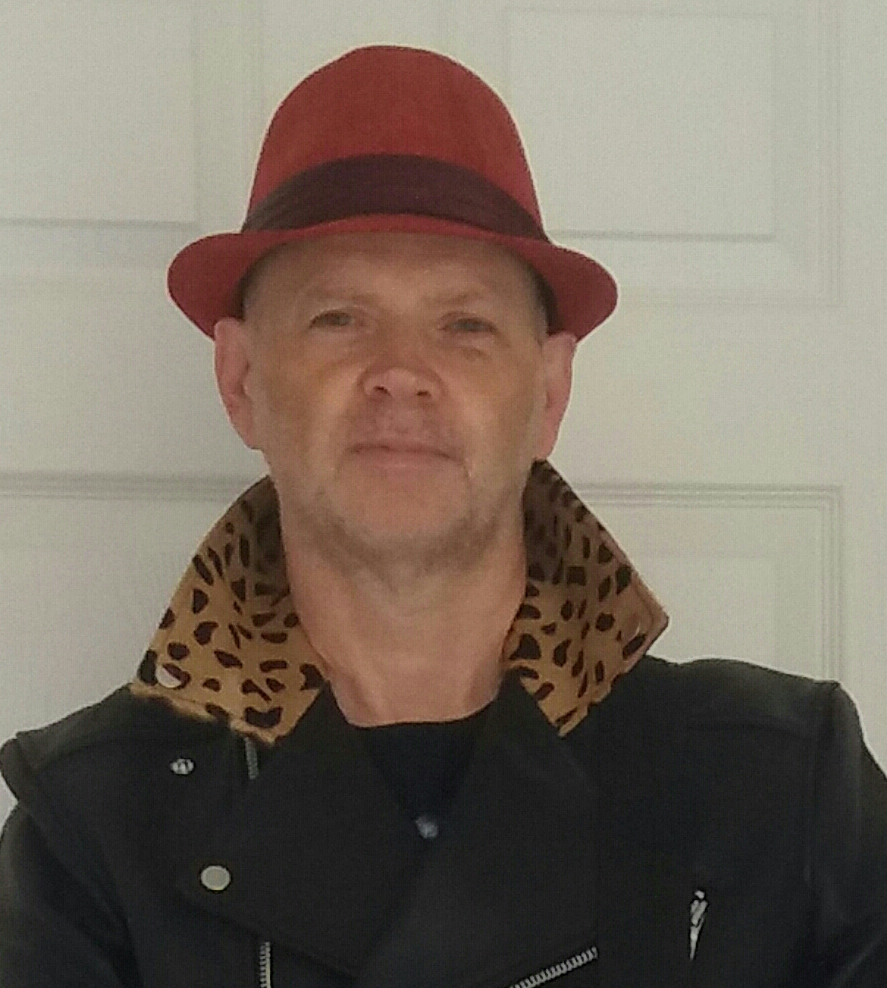Lillie Mae: "I might write a melody on the fiddle. But I've loved the guitar since day one - everything comes from that"
The Americana singer/songwriter talks image-based prejudices in Nashville, and signing with Jack White's label, Third Man Records

Nashville-based roots artist Lillie Mae recently released her third solo album, the Dave Cobb-produced Other Girls, via Jack White’s Third Man Records.
The album’s haunting and eerie harmonies are juxtaposed against some downright swampy instrumentation and traditional elements that anchor Mae’s other-worldly vibe in something that’s steeped in Americana without resorting to anything remotely resembling a cliché. We recently caught up with Mae to give her the five questions treatment.
Other Girls is quite a departure from the trad-country sound of your last album, 2017’s Forever and Then Some. How’d that come about?
"It just happened naturally. I had a bunch of songs that were in the same vein and it evolved into becoming an album. I haven’t been trying to be a country artist for years. The country and bluegrass music establishment never really accepted my family, so I’m not trying to bust down their doors."
That was with your band, Jypsi?
"Yes. We signed to Arista Nashville in 2007. We looked a bit outrageous; my sister had a pink mohawk and we wore crazy clothes and makeup. The image held us back and nobody knew what to do with us.
"You couldn’t get away with anything then, so they shelved us. Our music was pretty - it wasn’t insane or anything. It’s music they’re listening to, so what does the image matter - I mean WTF, ya know? Who gives a fuck what we look like?"
Get The Pick Newsletter
All the latest guitar news, interviews, lessons, reviews, deals and more, direct to your inbox!
Do you still think your image is a problem for you - in terms of the conservative Nashville scene?
You definitely need to change your shit up in this town to keep getting the work. You have to respect who you’re playing with
"My image has always been a problem for the traditional country and bluegrass audiences. When I’ve played as a sideman, I’ve conformed at times, depending on what the crowd is, whether it might be older or more conservative or whatever.
"As a sideman, you definitely need to change your shit up in this town to keep getting the work. You have to respect who you’re playing with."
How has Jack White’s input helped?
"Without Jack’s help I would’ve still been doing the same thing in terms of writing and singing, but I owe him so many thanks, as he’s definitely given me a step up by signing me. He’s said so many great things about me and he believes in my music. I’m so thankful for that."
You’re an in-demand fiddle player. How important is the guitar to you?
"I usually write on guitar, and very occasionally I’ll find a melody on the fiddle. I started guitar when I was four and fiddle when I was seven. I loved the guitar from day one. I could play guitar all day. Everything comes from that."
Mark is a freelance writer with particular expertise in the fields of ‘70s glam, punk, rockabilly and classic ‘50s rock and roll. He sings and plays guitar in his own musical project, Star Studded Sham, which has been described as sounding like the hits of T. Rex and Slade as played by Johnny Thunders. He had several indie hits with his band, Private Sector and has worked with a host of UK punk luminaries. Mark also presents themed radio shows for Generating Steam Heat. He has just completed his first novel, The Bulletproof Truth, and is currently working on the sequel.
“I just learned them from the records. I don’t read tabs or anything, I don’t read music – I learned by ear”: How a teenage Muireann Bradley put a cover of Blind Blake’s Police Dog Blues on YouTube and became a standard bearer for country blues
“The Strat was about as ‘out’ as you could get. If you didn’t have a Floyd Rose, it was like, ‘what are you doing?’”: In the eye of the Superstrat hurricane, Yngwie Malmsteen stayed true to the original











